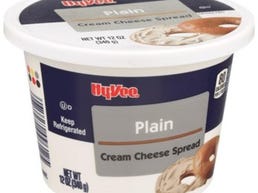Approximately 79,000 cases of Fiji Water sold on Amazon between 2018 and 2019 were recalled due to high levels of common minerals and bacteria.
In an enforcement report, the U.S. Food and Drug Administration said testing of water sold by Fiji Water’s maker, Natural Waters of Viti Limited, between Feb. 1 and March 3 “found positive results for manganese in addition to the three bacterial genera.”
The FDA on Thursday classified the recall of about 1.9 million bottles as having the lowest severity level, meaning “not likely to cause adverse health effects.”
“We have evaluated the naturally occurring mineral manganese and bacterial levels and consumers can be assured that there are no health or safety risks,” the company said in a statement to USA Today.
The recall began on March 4, but the company did not issue a press release when the recall began.
A company spokesman told USA Today that they had identified and contacted customers who had purchased the water, so as not to cause “unnecessary public concern.” The spokesman also said that the testing that led to the recall was done when customers reported discoloration.
“The affected products were immediately voluntarily recalled and 99% of the affected bottles have been retrieved from our warehouse with the remainder of the warehouse to be returned,” the company said in a statement.
Affected Fiji Water bottles
The recalled bottles have the following production dates on the side of the 24-pack and on the back of the bottle:
- Issued on November 11, 2023
- Issued on November 12, 2023
- Issued on November 13, 2023
- Issued on November 24, 2023
- Issued on November 25, 2023
Customers with these bottles should contact FIJI Water at 1-866-406-4149 to inquire about a refund and disposal of the water.
What is Manganese?
Manganese is a naturally occurring mineral found in water, soil, and air. According to the Environmental Protection Agency, manganese is an essential mineral, but consuming too much can cause neurological problems.
The EPA’s health advisory level for manganese in drinking water is 0.3 milligrams per liter, with a secondary guideline for taste complaints and discoloration of 0.05 milligrams per liter.

